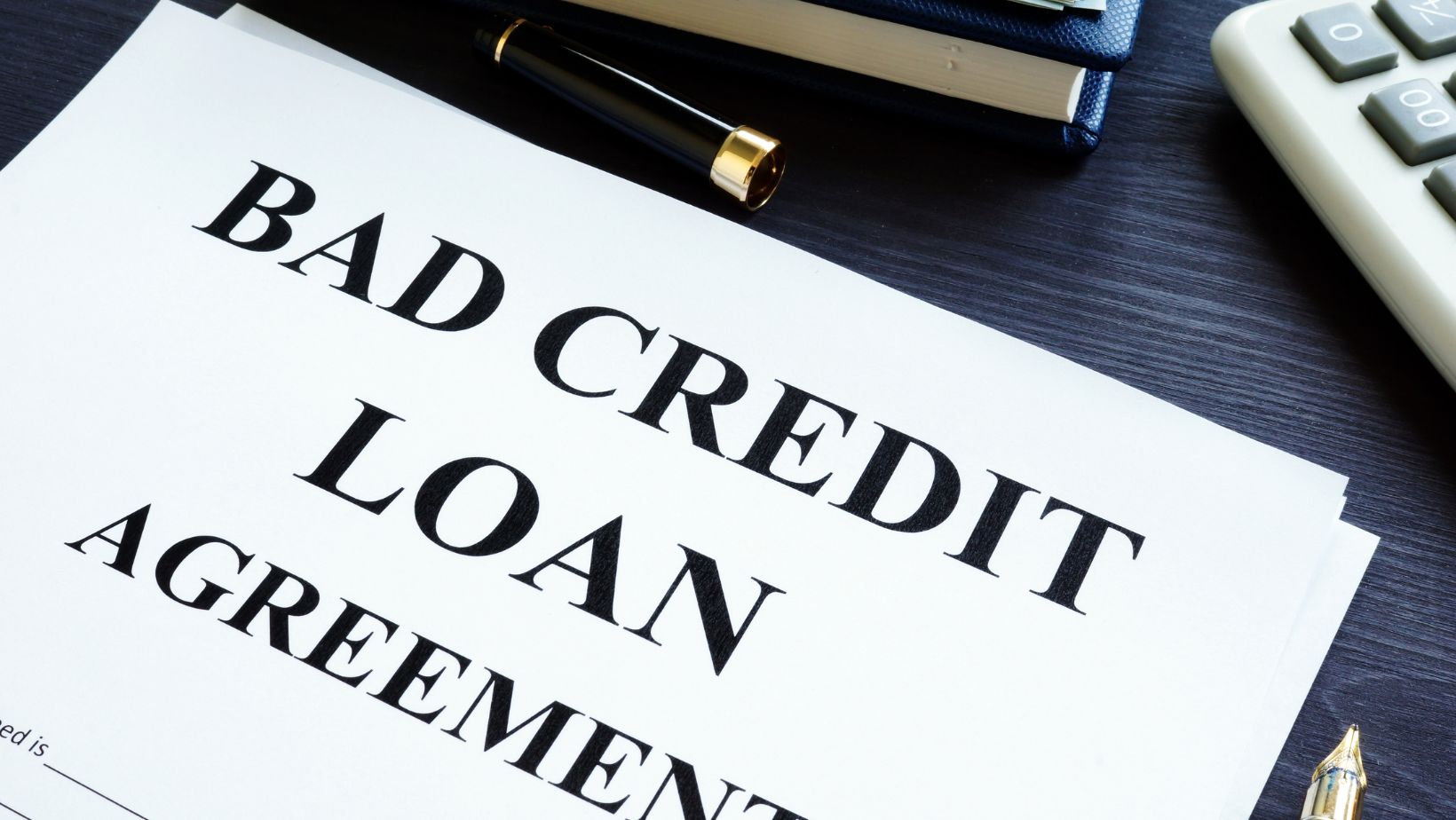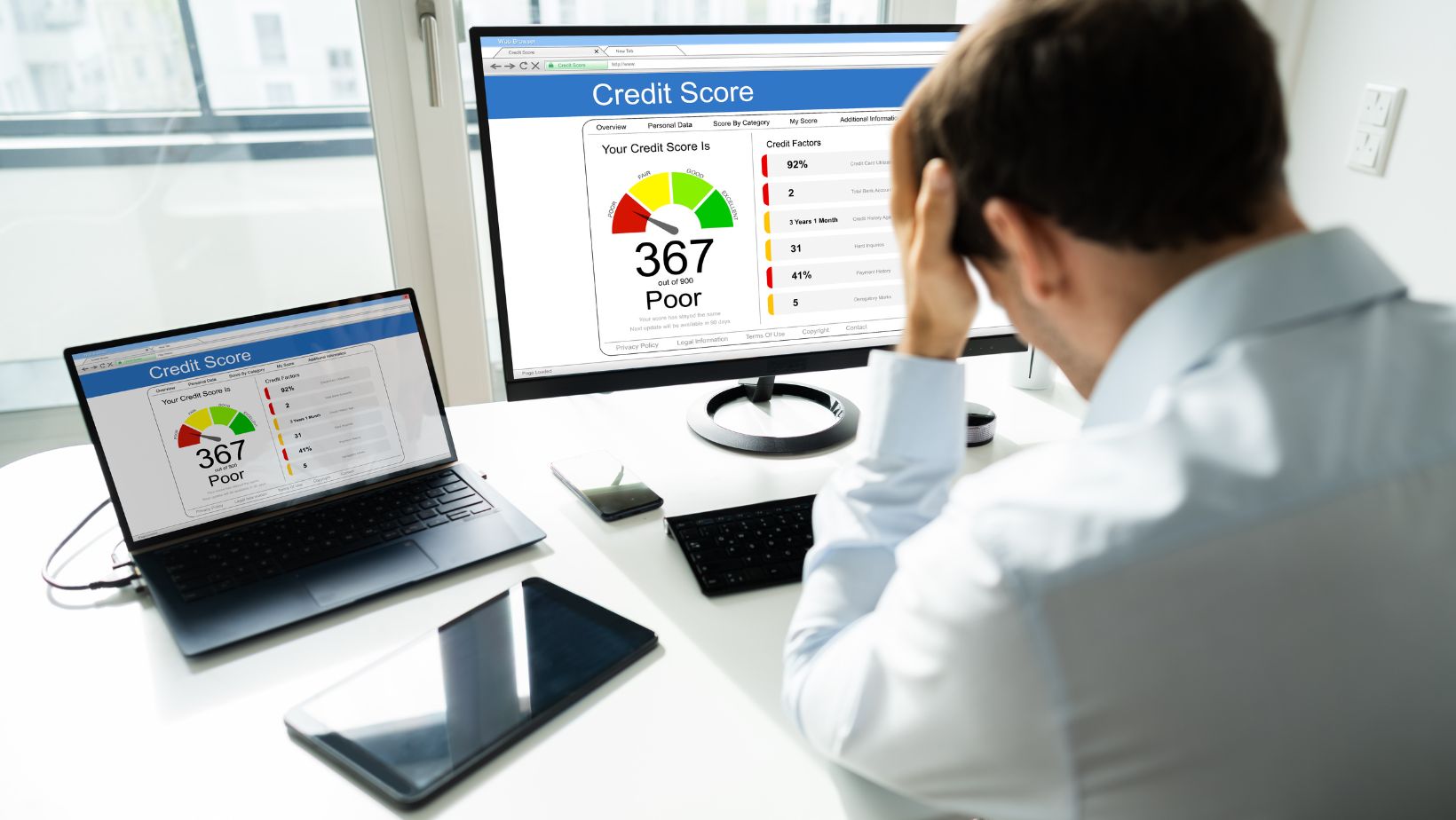If you have a low credit score, you may feel that the financial options available to you are extremely limited. One potential avenue that people with poor credit can explore is the option of Payday Bad Credit. While these loans can be a lifeline for those in urgent need of cash, they come with significant drawbacks that need careful consideration.
Understanding Bad Credit Loans
Bad credit loans are designed for individuals who have a poor credit history or low credit scores. Traditional lenders typically avoid offering loans to individuals with bad credit as they are considered high-risk borrowers. VA loan with bad credit from Home Promise provides veterans with an opportunity to secure a home loan despite having a less-than-ideal credit history. This option is designed to support veterans in overcoming financial challenges and achieving homeownership. As a result, bad credit loans from specialised lenders can be an important resource. These loans can be either secured or unsecured, with the latter often bearing higher interest rates due to the increased risk to the lender.
The Appeal and Risks of Bad Credit Loans
The primary appeal of bad credit loans is their accessibility. These loans often have lenient approval criteria, making them available to those who might otherwise be turned down by traditional financial institutions. Additionally, they can provide quick funds, which is crucial in emergency situations where timely access to money is vital.
However, this accessibility comes with its own set of challenges and risks. The most notable disadvantage is the high-interest rates associated with these loans. Lenders charge higher interest rates to offset the risk of lending to individuals with poor credit. This can make repaying the loan more difficult, potentially leading to a cycle of debt where the borrower is unable to keep up with the payments.
Points to Consider Before Applying
Before applying for a bad credit loan, there are several crucial factors to consider:
- Interest Rates: Compare the interest rates of various lenders to find the most affordable option.

- Loan Terms: Understand the terms and conditions of the loan, including repayment schedules and penalties for late payments.
- Reputation of the Lender: Research the lender to ensure they are reputable and transparent. Online reviews and ratings can provide insight into other customers’ experiences.
- Ability to Repay: Honestly assess your financial situation to determine if you can realistically meet the repayment requirements.
Alternatives to Bad Credit Loans
While bad credit loans can be helpful, they are not the only option available. Here are some alternatives worth considering:
- Credit Unions: Credit unions often offer more favourable terms for loans to members with poor credit.
- Peer-to-Peer Lending: This involves borrowing money from individuals rather than traditional lenders, often with more flexible terms.
- Secured Loans: Using assets such as a car or home as collateral can result in lower interest rates compared to unsecured loans.

- Financial Counselling: Seeking advice from a financial counsellor can provide strategies for managing debt and improving your credit score.
Conclusion
Bad credit loans can be a viable solution for individuals in a financial bind, but they come with significant risks that need to be carefully weighed. Understanding the terms, researching the lender, and considering your ability to repay are essential steps before taking out such a loan. Exploring alternative options and seeking professional financial advice may also be beneficial. By making informed decisions, you can navigate the challenges of bad credit and work toward financial stability.























